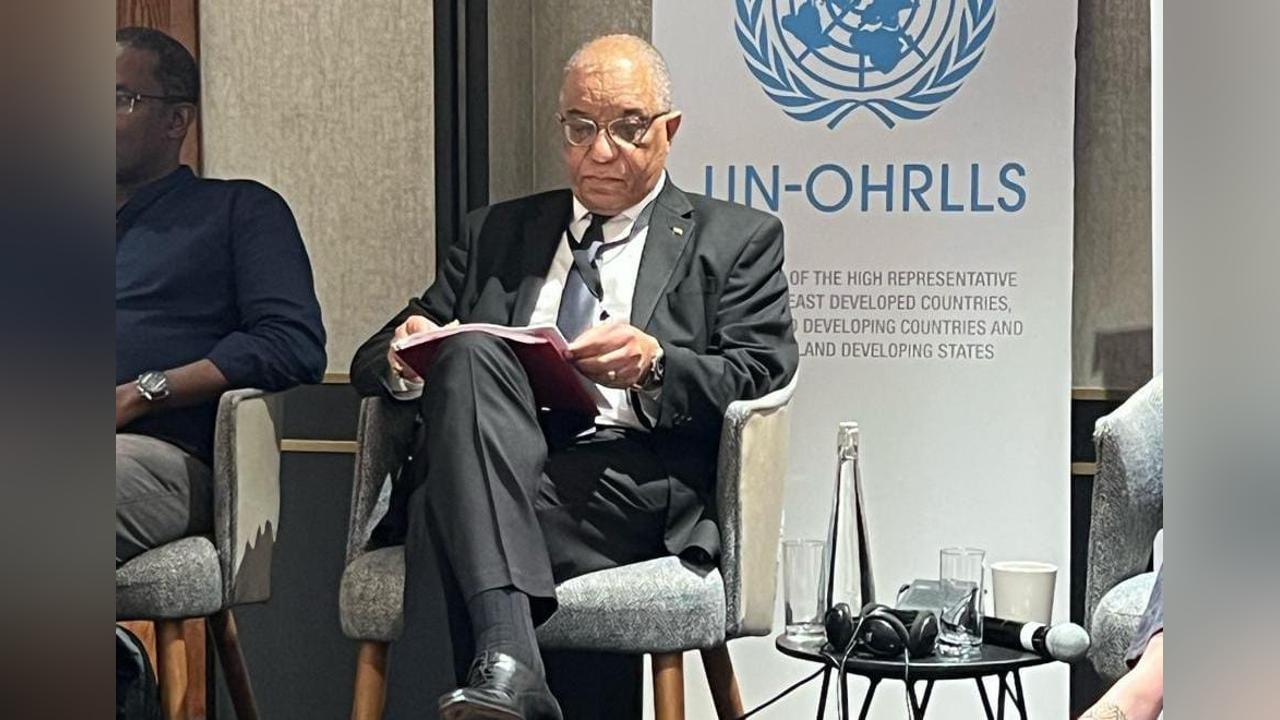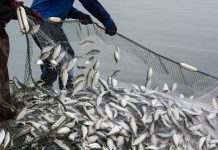Africa-Press – Angola. The Angolan authorities on Wednesday reiterated their call for increased concessional financing and Official Development Assistance (ODA) for water and sanitation projects, particularly to African countries in order to achieve Sustainable Development Goal 6 (SDG 6).
The request was presented by the Permanent Representative of Angola to the United Nations, Ambassador Francisco José da Cruz, while speaking at the informal meeting of the UN General Assembly on SDG 6: Drinking Water and Sanitation for All, in the framework of the preparation of the 2026 United Nations Water Conference.
The position was expressed by the Permanent Representative of Angola to the United Nations, Ambassador Francisco José da Cruz, speaking at the informal meeting of the UN General Assembly on SDG 6: Drinking Water and Sanitation for All, as part of the preparation of the 2026 United Nations Water Conference.
He said that, under the National Development Plan 2023-2027, the Angola has adopted clear and measurable targets that allow for the systematic monitoring of progress towards long-term goals, with an emphasis on environmental protection, sustainable management of water resources and the improvement of basic sanitation, especially in rural and peri-urban areas.
According to Ambassador Francisco José da Cruz, the Plan highlights the importance of programs related to water, sanitation and hygiene, which represent a significant commitment by the Government of Angola to promote the sustainable management of natural resources, ensure universal access to drinking water under the “Water for All” initiative, improve sanitation and environmental quality, and strengthen the country resilience to the challenges of climate change.
In this context, he said that Angola is responding to climate change through an integrated approach to water resources management, with initiatives such as the Cafu Canal, which consists of a system for capturing and transferring water from the Cunene River to several cities, through a 160 km long pipeline.
This project, he added, benefits 235,000 inhabitants and irrigates 5,000 hectares of agricultural fields.
He stressed that the Government efforts also contribute to gender equality and youth empowerment, through the active involvement of women in water management and the training of young people in the maintenance of water infrastructure.
On the occasion, Ambassador Francisco José da Cruz also reaffirmed Angola commitment to the African Union Agenda 2063, including the implementation of the Programme for Infrastructure Development in Africa (PIDA) and cooperation in the management of transboundary river basins, as well as the International Decade of Action “Water for Sustainable Development” (2018-2028).
Referring to the 2030 Agenda, he said that “as we enter the last five years of its implementation, let us renew our global commitment to increased investment, innovation and political will, underpinned by the principles of multilateralism and international solidarity”.
In concluding his speech, the diplomat stressed that the 2026 United Nations Water Conference, co-hosted by the United Arab Emirates and Senegal, represents a key opportunity to mobilize this spirit and promote a more secure and resilient future in terms of water for all.
For More News And Analysis About Angola Follow Africa-Press






